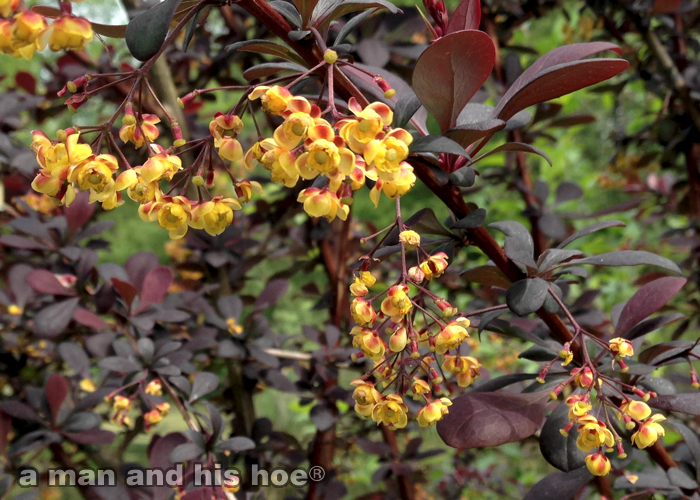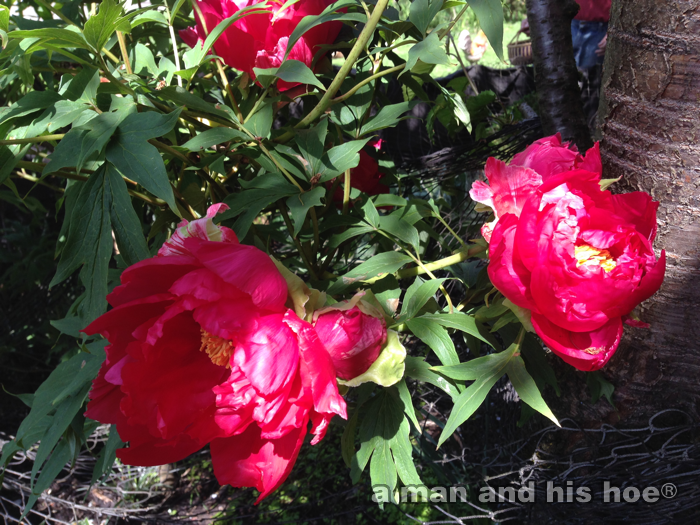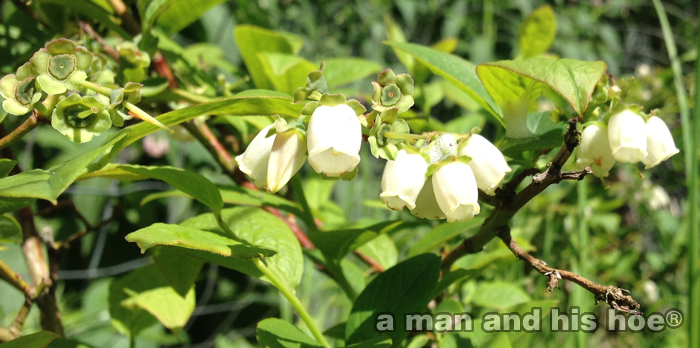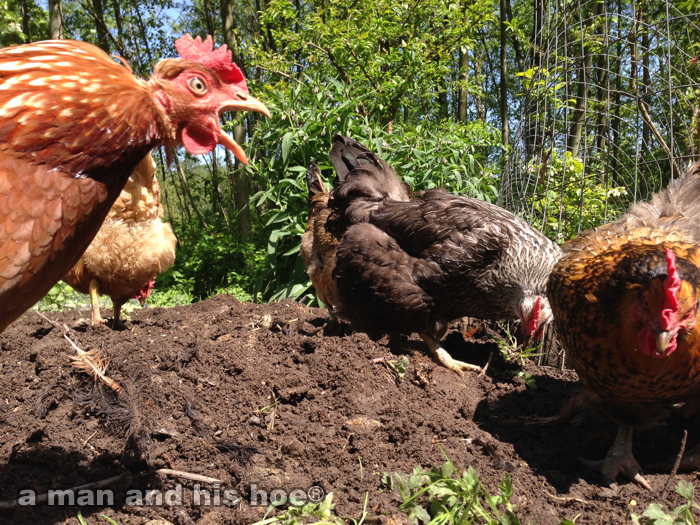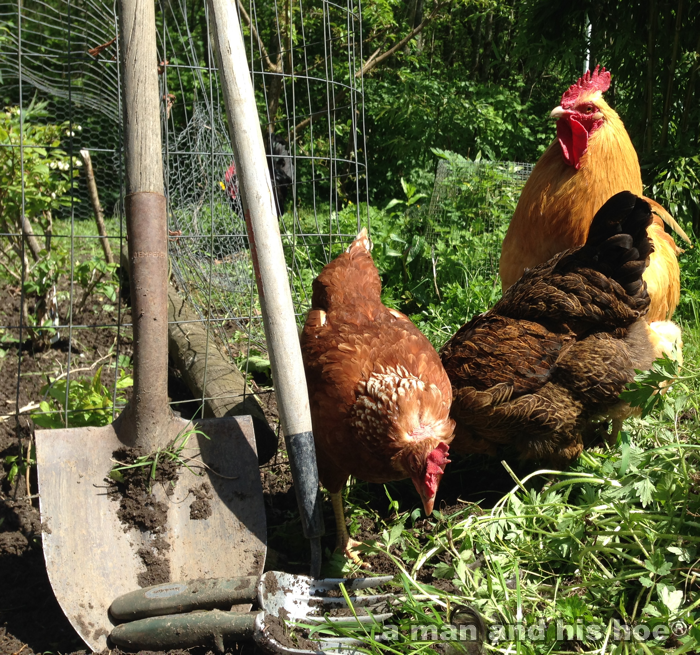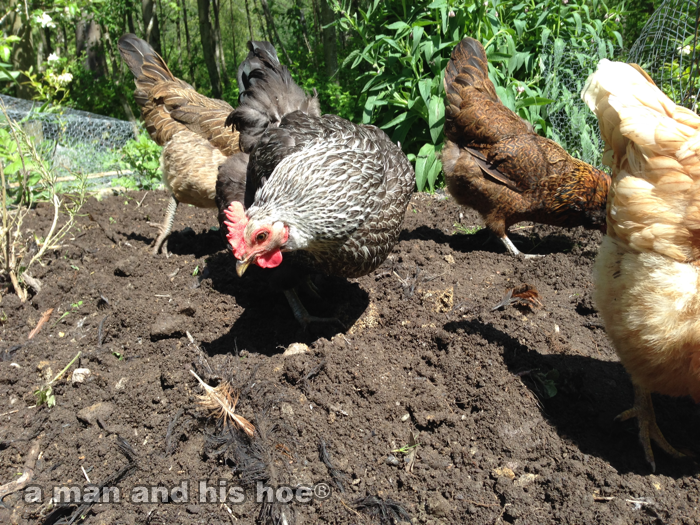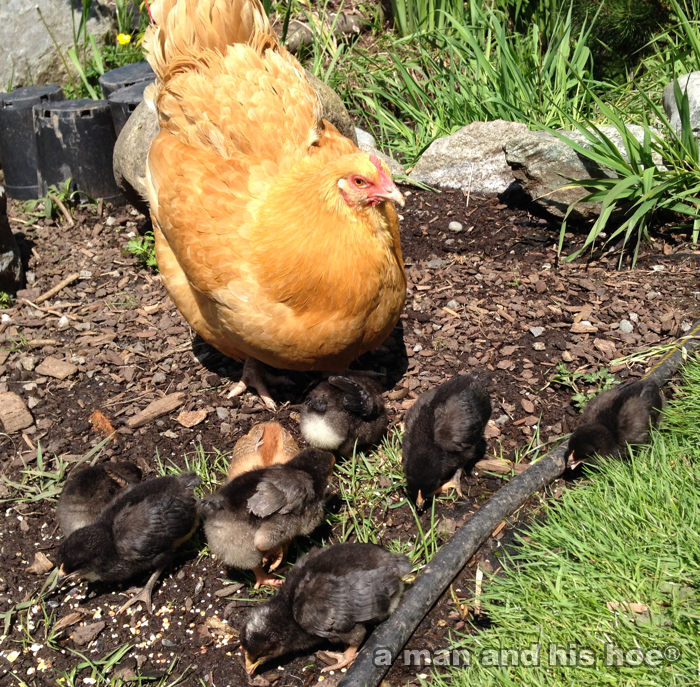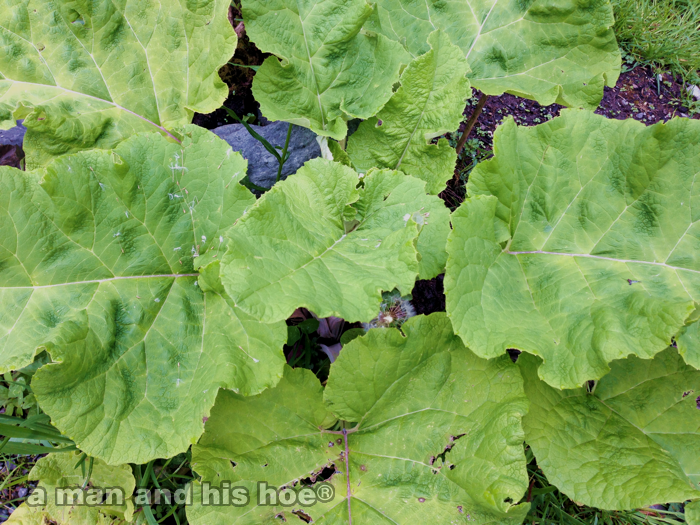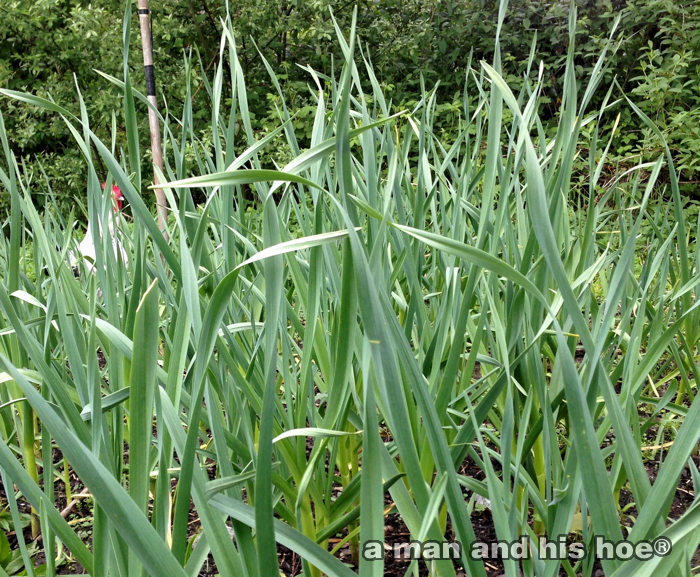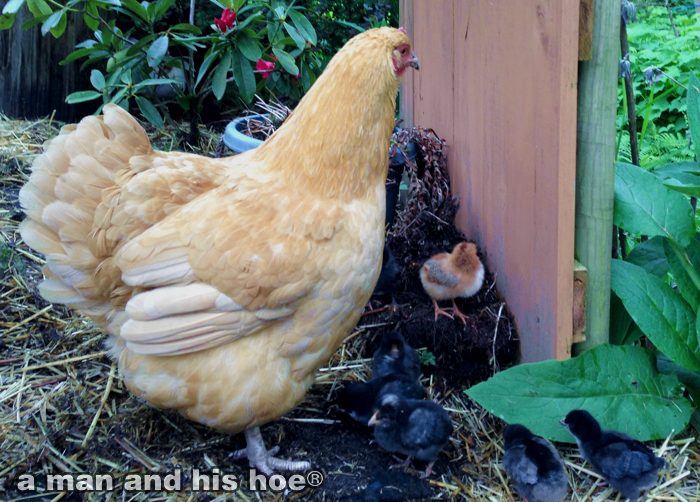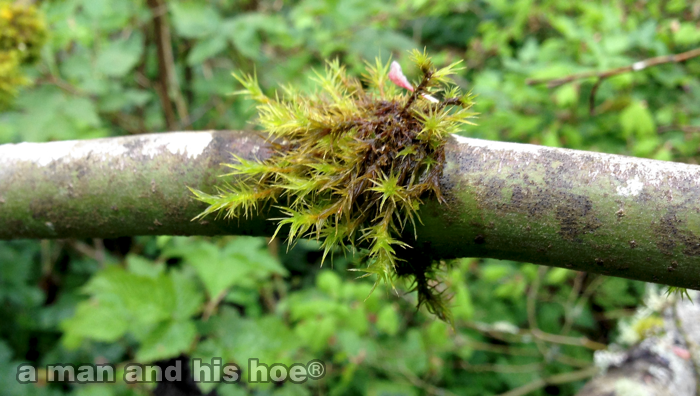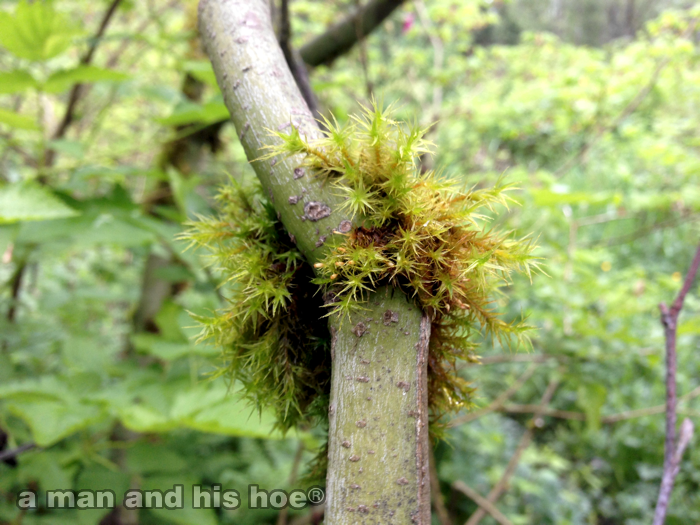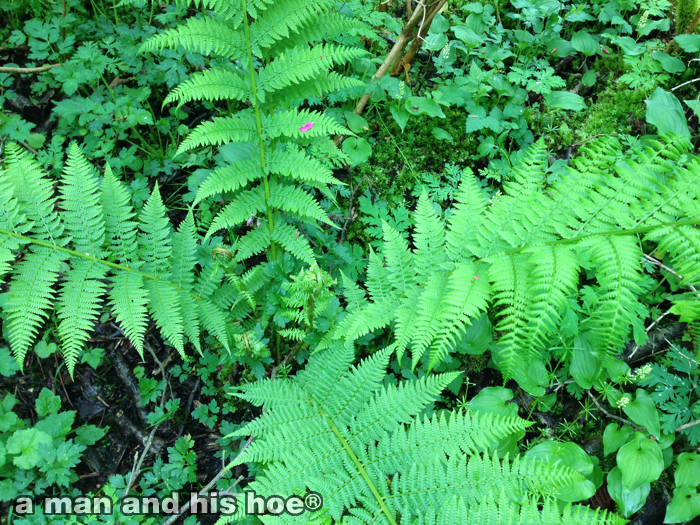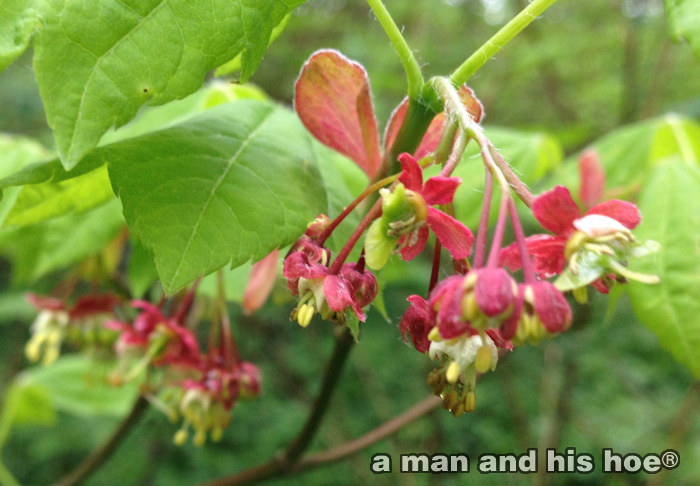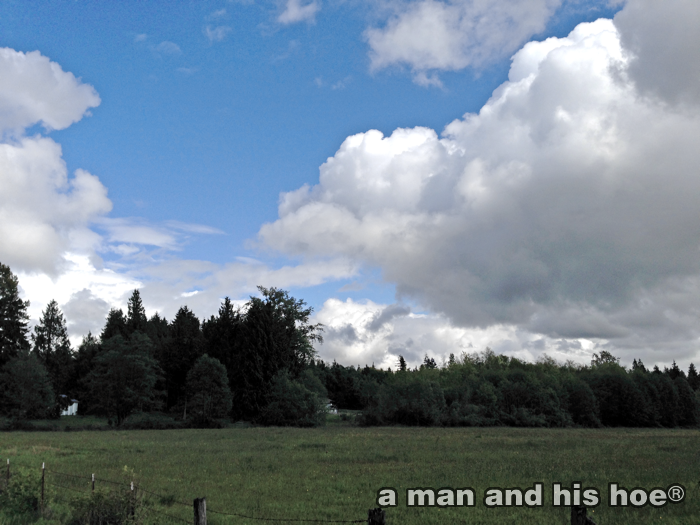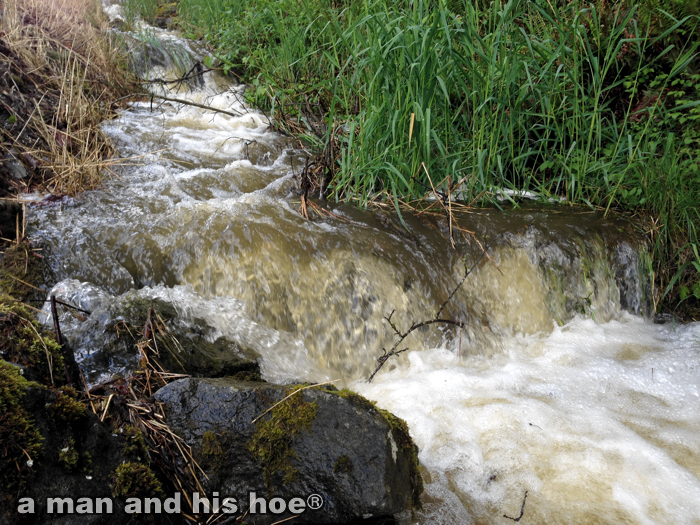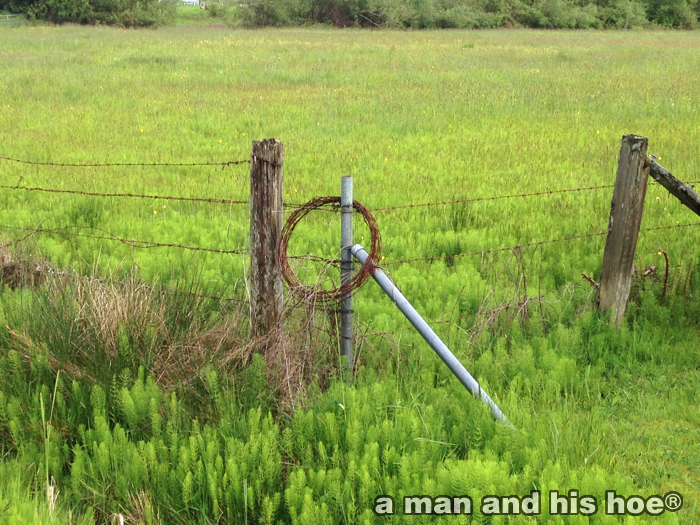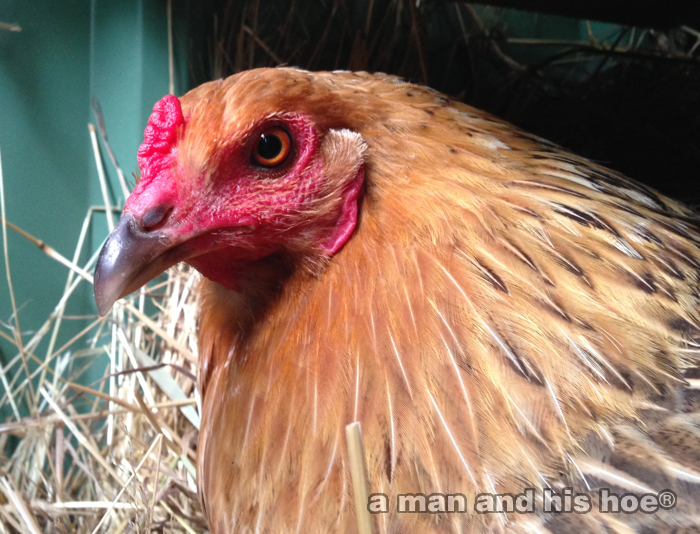
Tora-hime is one of my favorite hens. She has such piercing eyes and beautiful feathers. It’s always easy to spot her when she is on a nest.
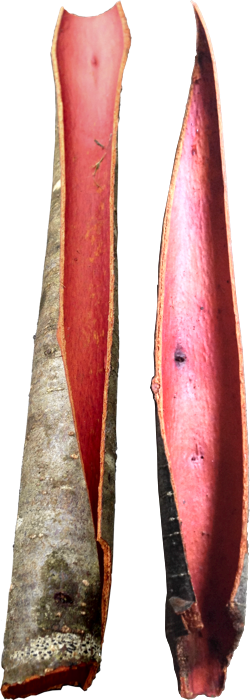 The bark I stripped off the alder trunks when I made posts dried and curled into these beautiful shapes. These strips of bark were flat when I peeled them off the alder trunks. In the sun, they turned red and curled.
The bark I stripped off the alder trunks when I made posts dried and curled into these beautiful shapes. These strips of bark were flat when I peeled them off the alder trunks. In the sun, they turned red and curled.
A little sanding, trimming, and waxing could turn these into interesting dishes for appetizers, chopstick holders, or flower vases.
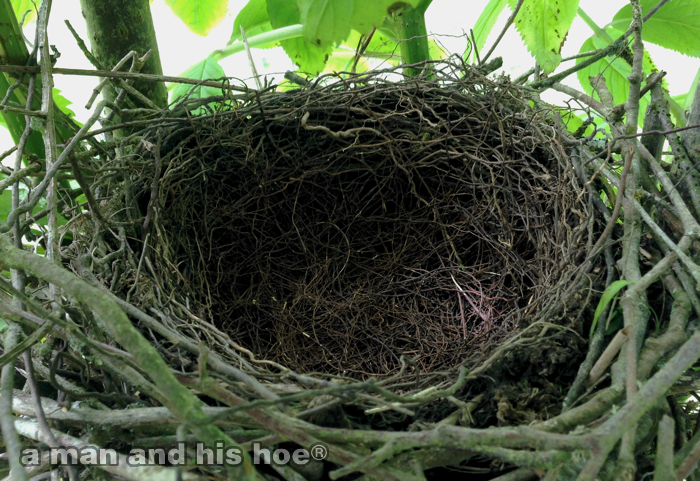
Everyday there are surprises waiting to be discovered. This is an abandoned Stellar Jay’s nest. And below are the flowers of a barberry bush.
